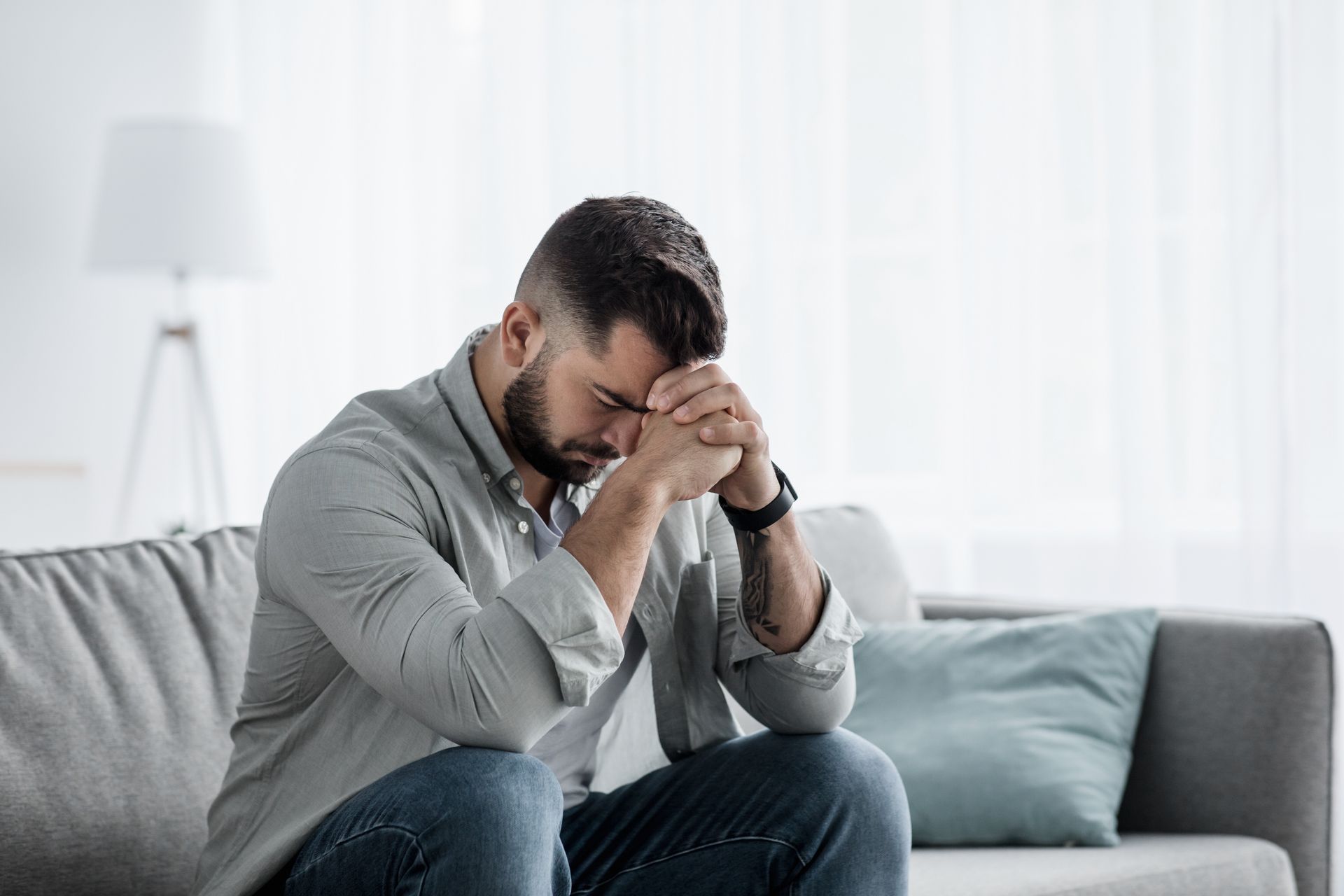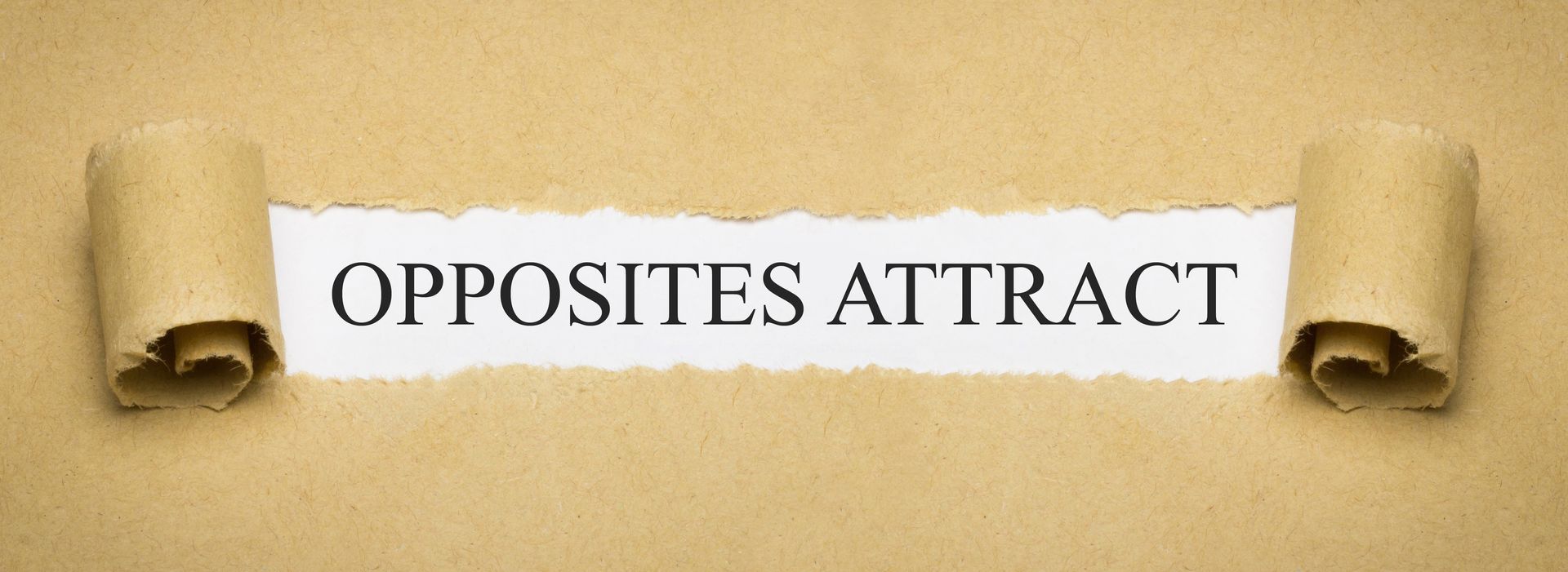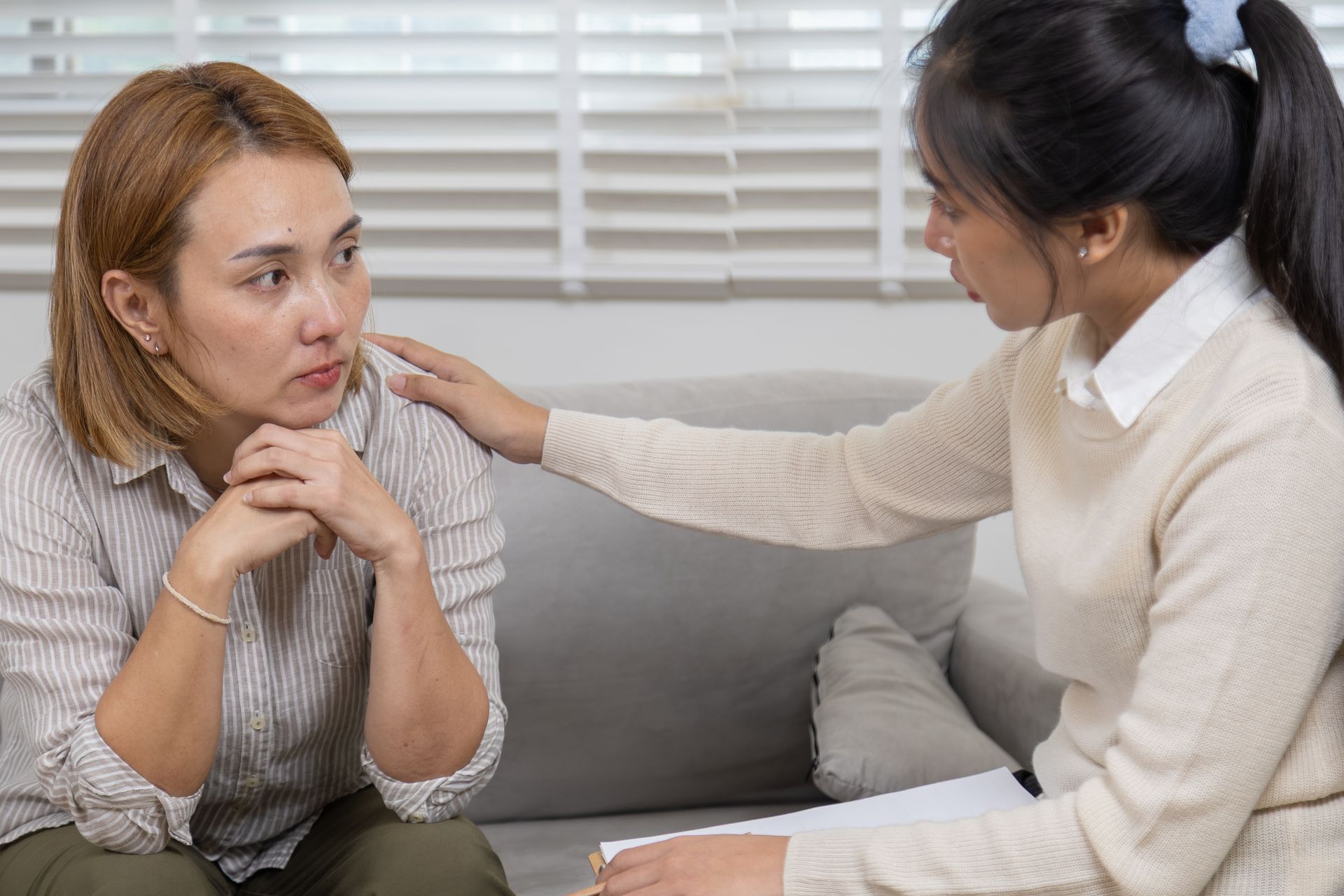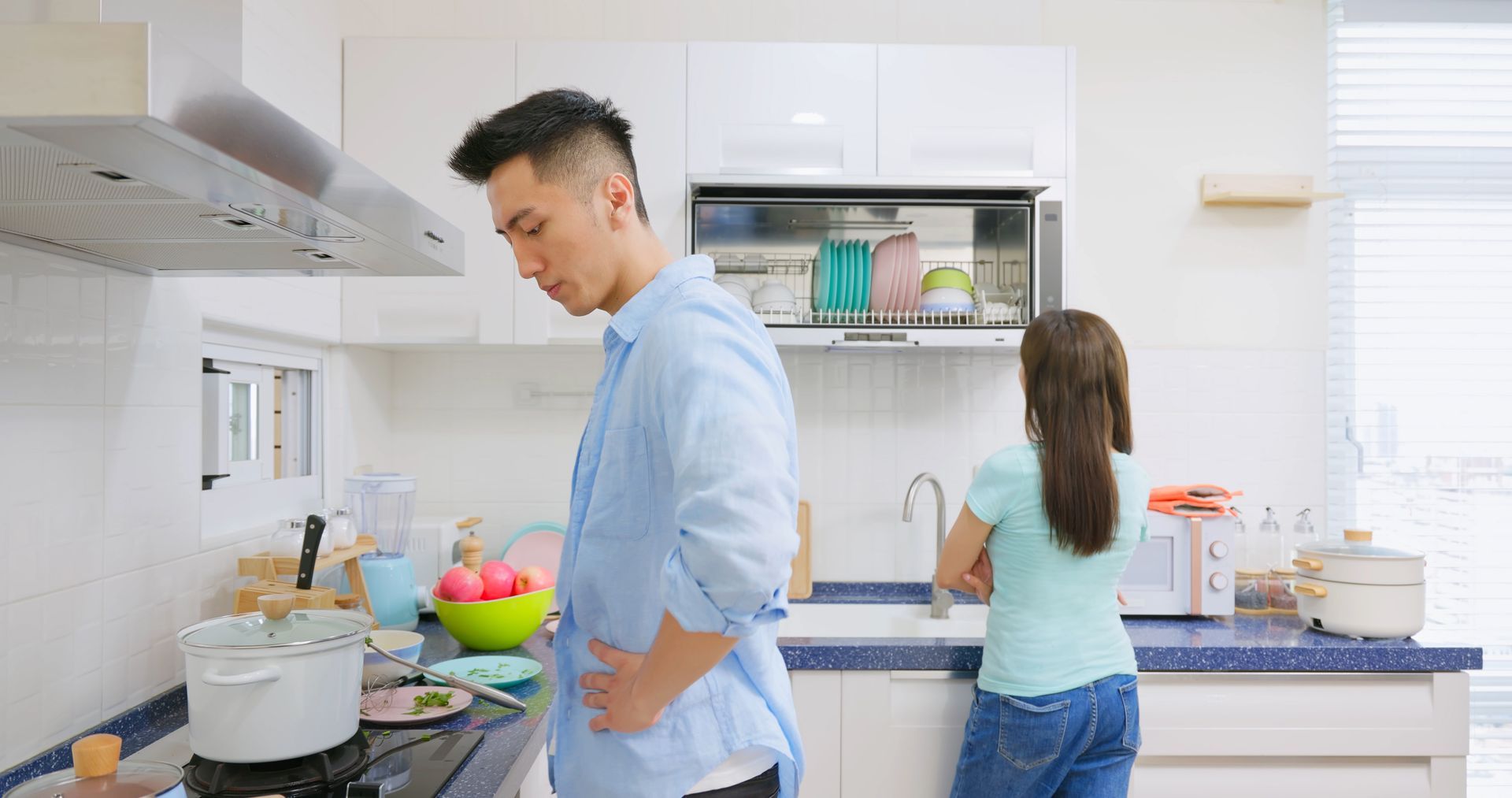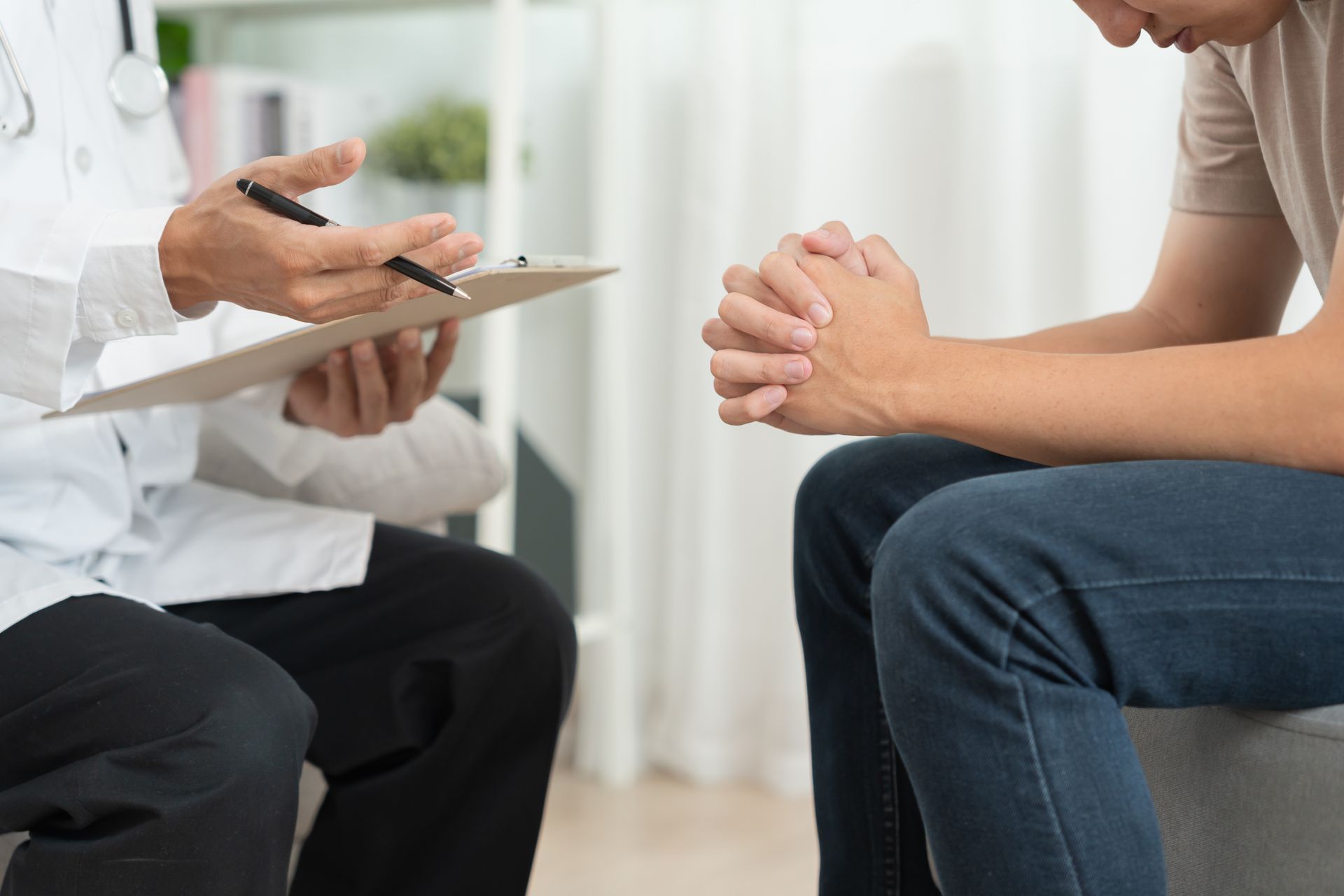Tips on How to Manage Medications

Managing medications can be a daunting task, especially if you have multiple prescriptions to take daily. It's easy to forget when and how often you should be taking certain pills, or even mix them up altogether! The consequences of improper medication management can range from minor side effects to severe health complications.
But don't worry!
In this blog post, we'll provide you with practical tips on how to manage your medications like a pro! Whether it's creating a schedule or storing your meds correctly, our advice will help ensure that you stay healthy and safe while sticking to your prescription regimen. So let's get started!
Importance of not Skipping Doses
When you start a new medication, it is important to follow the directions provided by your healthcare provider. This includes taking the medication as prescribed and not skipping doses. Skipping doses can make the medication less effective and may lead to adverse effects. It can also increase the likelihood of developing resistance to the medication.
If you are having difficulty taking your medication as prescribed, talk to your healthcare provider about ways to overcome these barriers.
Tips on Medication Compliance
Medication compliance is important for many reasons. First and foremost, it ensures that you are taking your medications as prescribed and not skipping doses. This helps to prevent potentially serious consequences such as illness, hospitalization, or even death.
In addition, medication compliance can help to improve your quality of life by keeping your symptoms under control and preventing them from getting worse.
There are a few things you can do to improve your medication compliance:
- Keep a daily or weekly pillbox or calendar to help you keep track of when you need to take your medication.
- Set an alarm on your phone or watch to remind you when it’s time to take your pills.
- Put your medications in a place where you will see them every day, such as on the kitchen counter or bedside table.
- Tell friends or family members about your medication schedule so they can help remind you if needed.
- If you have trouble remembering to take your medications, talk to your doctor or pharmacist about other options, such as long-acting injectable medications that only need to be taken once every few weeks.
Results of Not taking Them a Prescribed - Poor Treatment Outcome
If you don't take your medications as prescribed, your health can suffer. Poor treatment outcomes are more likely when patients don't take their medications as prescribed. Here are some tips on how to manage medications:
1. Make sure you understand the instructions for taking your medication. Ask your doctor or pharmacist if you have any questions.
2. Fill all of your prescriptions at the same pharmacy so that your pharmacist can keep track of all of your medications and help you avoid drug interactions.
3. Use a pillbox or other system to help you remember to take your medications.
4. Keep track of when you took your last dose of each medication so that you can tell your doctor or pharmacist if you miss a dose.
5. Don't stop taking a medication without talking to your doctor first, even if you feel better. Stopping some medications suddenly can cause serious side effects or make your condition worse
Worsening Mental Health Symptoms
Medication is useful in offering additional support in effective mental health treatments. It is important to be aware that some medications can worsen mental health symptoms. If you are taking a medication that appears to be worsening your mental health symptoms, it is important to talk to your doctor or mental health professional about this. They may be able to adjust the dose of your medication or switch you to a different medication.
It is also important to practice self-care. This can include things like getting enough sleep, eating well, exercising regularly, and engaging in activities that bring you joy. Additionally, it can be helpful to stay connected with family and friends or reach out for support from a mental health professional.
Importance of Communicating with Provider About Side Effects
Furthermore, it is important to communicate with your healthcare provider about any side effects you may be experiencing from your medication. This allows your provider to determine if the medication is working as intended and to make any necessary adjustments. Additionally, some side effects may require additional treatment. Therefore, it is important to keep your provider informed about any changes in your condition.
Informing of other Meds or Supplements You May be Taking.
If you are taking any other medications or supplements, it is essential to inform your primary care physician. This way, they can keep track of all the medications they are taking and be aware of any possible interactions. Additionally, some medications may need to be adjusted if you are taking other medications or supplements. Therefore, it is best to err on the side of caution and always inform your primary care physician of any other medications or supplements you are taking.
Dangers of Mixing Prescribed Meds with Alcohol or Drugs.
It is never a good idea to mix any kind of drugs together, but it is especially dangerous to mix prescribed medications with alcohol or drugs. Prescribed medications are designed to help you manage a specific medical condition and they can be very powerful. When you mix them with other substances, you increase the risk of serious side effects or even overdose.
Alcohol can interact with many prescription medications and make them less effective. It can also intensify the side effects of some medications, making them more dangerous. Mixing alcohol with prescription painkillers, for example, can lead to drowsiness, slowed breathing, and even coma.
Illegal drugs can also have dangerous interactions with prescribed medications. Stimulants like cocaine can cause a dangerously high heart rate when combined with some blood pressure medications. And mixing opiates like heroin with sedatives like Xanax can lead to deadly respiratory depression.
If you take any kind of medication, it’s important to talk to your doctor or pharmacist about the risks of drinking alcohol or using illegal drugs. They can help you make sure that you stay safe and get the most out of your medication.
Safety Tips for Storing Meds at Home; Away from Children
There are a few simple, yet effective, tips that can help you keep your medications safe at home and away from children.
1. Keep all medications in their original containers with the child-resistant caps firmly in place.
2. Store medications out of reach and sight of children, preferably in a locked cabinet or box.
3. Never leave medications unattended, even for a short period of time.
4. When giving medication to a child, be sure to use the proper dose-measuring device and never guess the amount.
5. Never refer to medication as "candy" or any other name that might make it more appealing to children.
6. Keep a close eye on your own medication use and dispose of unused or expired medications properly (flushing them down the toilet is usually the best option).
Final Thoughts
There are a lot of different medications that people have to take on a daily basis, and it can be hard to keep track of them all. Here are some tips on how to manage your medications:
- Make sure you have a list of all the medications you take, including the dosage and frequency.
- Keep your medications in a safe place where you can easily find them.
- Set up a system for taking your medications, such as putting them in a pill box or setting an alarm on your phone.
- Be sure to refill your prescriptions regularly so you don't run out of medication.
- If you have any questions about your medications, be sure to ask your doctor, mental health provider, or pharmacist.
